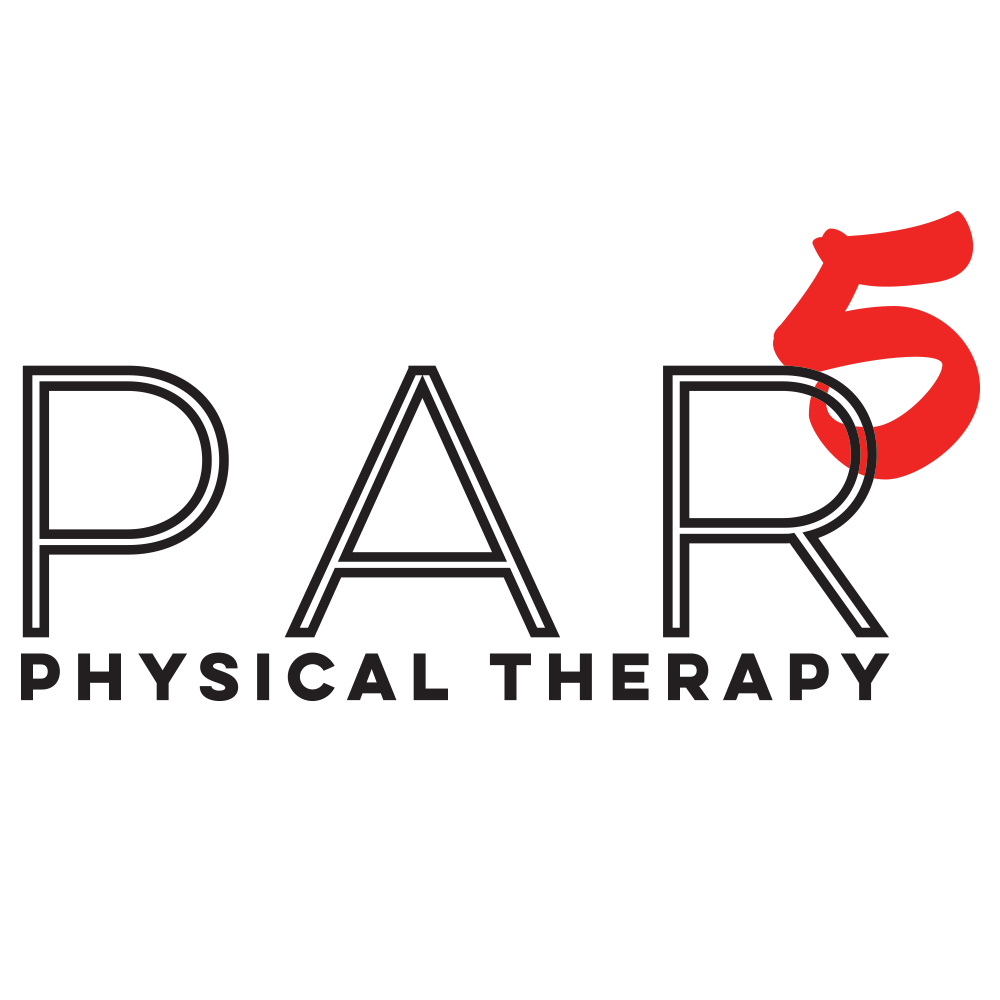October is National Physical Therapy Month!
National Physical Therapy Month is celebrated every October. This is an opportunity to bring awareness to the many skills that Physical Therapists possess and the crucial role they play in pain management, rehabilitation and recovery.
Physical therapists can wear many hats. They can be detectives, psychologists or diagnosticians. PTs have similar skills to chiropractors and massage therapists. They are also movement specialists and pain management specialists.
Physical therapists provide care for all ages and abilities. They not only diagnose and treat current health conditions but also offer education and preventative treatment that can help people avoid many of the health problems they may encounter.
Physical Therapists are primarily responsible for restoring function by decreasing pain, increasing range of motion and increasing strength as well as joint mobility. But they do much more. Physical Therapists are specialists and generalists all wrapped up in one. To ensure the best possible outcomes for patients, PTs have been trained in many areas.
Kinesiology (movement, exercise)
Massage therapist/chiropractor (joint and soft tissue mobilization/manipulation)
Personal training (exercise, stretching)
Pain management
What to Expect:
Your Physical Therapist will use their detective skills to review your medical history, as well as any notes or referrals from other healthcare professionals. Your Physical Therapist will then listen to your history and discuss any current problems. Your Physical Therapist may ask you follow-up questions to help them understand the problem and identify possible causes. Your past will allow your Physical Therapist to identify the root cause of the problem and develop a hypothesis. This will then guide the evaluation and help you implement problem-solving strategies.
After discussing the your medical history, your Physical Therapist will evaluate your function and movements. This includes observing how you stand and sit, as well as how you bend, walk, or otherwise move the injured area. To help you make an accurate diagnosis, your Physical Therapist might perform tests such as joint flexibility, muscle strength, passive range of motion, joint mobility, and joint flexibility.
A Customized Recovery Plan:
After the exam is completed, your Physical Therapist will talk with you about your diagnosis. Together you will create a personalized plan of care and outline your goals. Your Physical Therapist will help you to understand your condition and provide guidance on how to get there. Your Physical Therapist will inform you and your family about the recovery process, as well as how to deal with the challenges.
You will be scheduled for follow-up visits at the end of your evaluation. These will usually take place 1-2 times a week, over 4 to 6 weeks depending upon the injury. You can expect to move during the follow-up sessions. Your Physical Therapy sessions will likely include stretching exercises and hands-on therapy. These are all designed to improve mobility, prevent injury or further pain, and promote health and well-being. Your progress will be recorded by your Physical Therapist. They may modify your care plan, try new treatments if necessary, and even implement an exercise program at home.
What happens next:
Your Physical Therapist will help you transition to a home exercise program once you have achieved your goals. Your Physical Therapist will continue to be there for you, even if you're no longer active. We love hearing about your successes and would love to know what you think!
Understanding what your physical therapist can offer you will help you to have realistic expectations and ensure a positive end result. PAR5PT will provide you with a personalized recovery plan using the best practices. This will allow you to get back to doing the things you love to do.
PAR 5 Physical Therapy can help you get better and more comfortable in your life today by providing an assessment and/or a physical therapy evaluation if you're experiencing pain.

